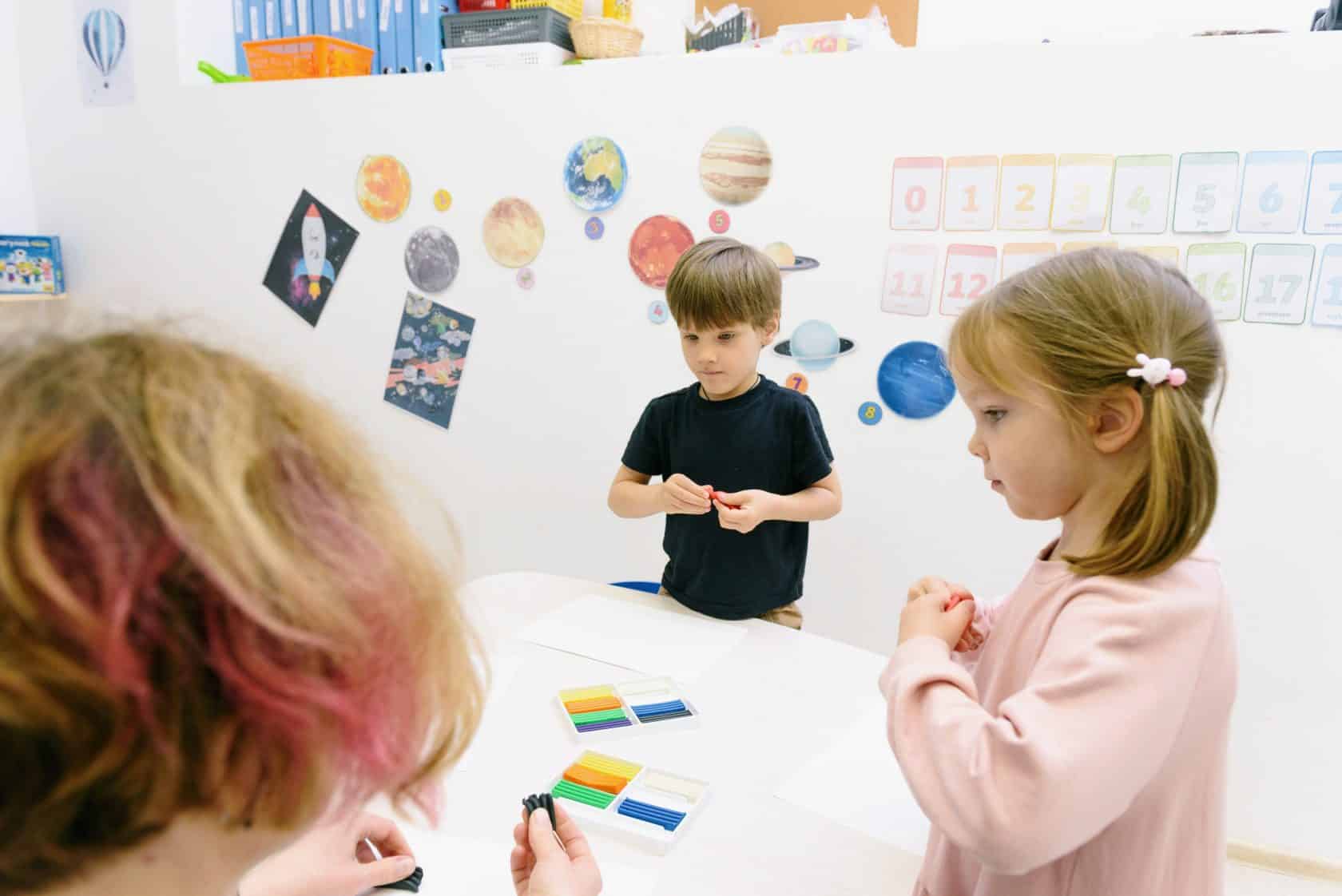Autobiographical writings are stories or writings kids with special needs create about themselves. These stories are like a window into their lives, where they can share their thoughts and feelings. It’s a way for them to tell others about their unique experiences, challenges, and what they are good at. By writing these stories, kids with special needs can help others understand them better and show that they have their own strengths and abilities. Autobiographical writings are a powerful tool for self-expression. They can help create understanding and empathy for kids with special needs.















